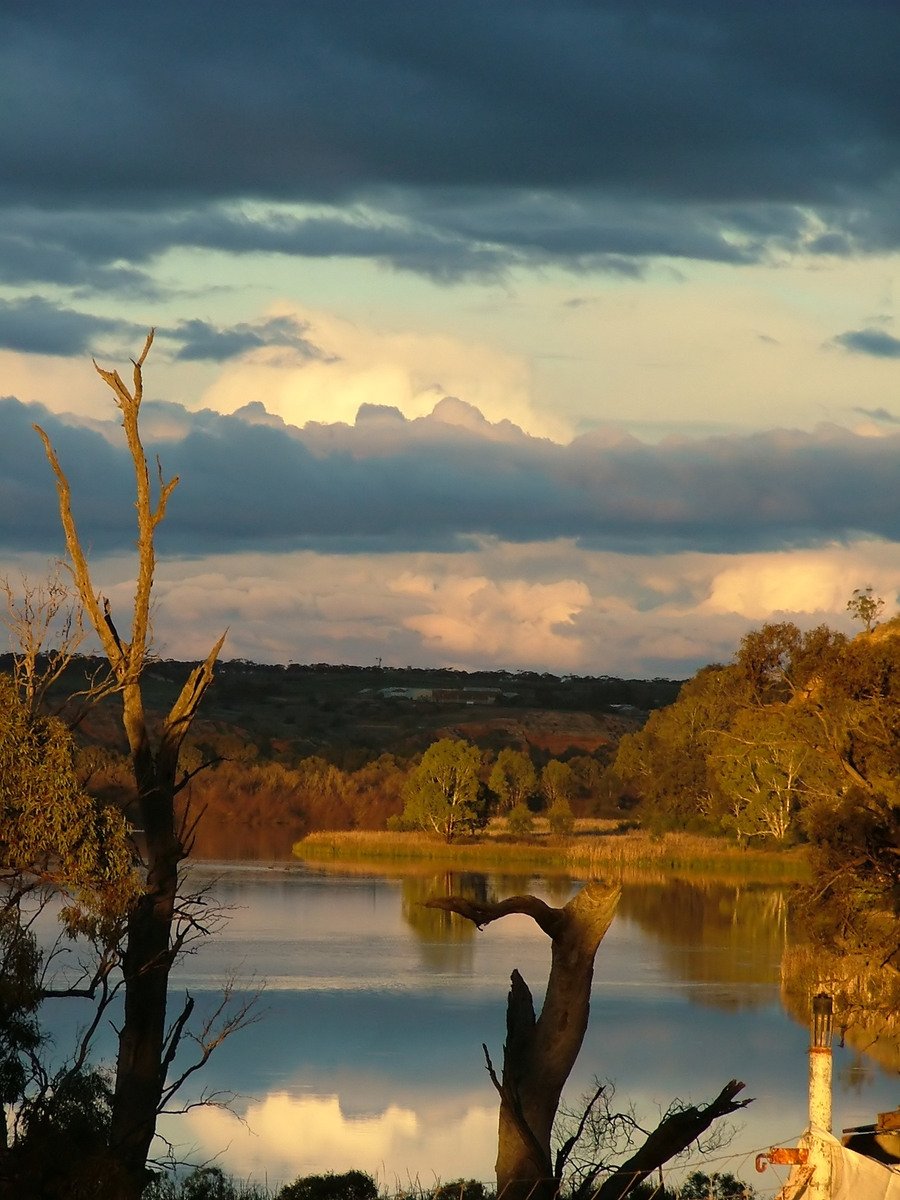BLOGS WEBSITE
TAG: Justin Brookes
New tools support integrated management of River Murray flows and floodplain infrastructure
Infrastructure built along the River Murray during past ten years helps sustain critical floodplain ecological communities by recreating some of the natural inundation regime that would have occurred prior to development. The benefits of providing these floodplains events are relatively well known, but until recently it wasn’t clear what effects infrastructure was having on the […]
Comments Off on New tools support integrated management of River Murray flows and floodplain infrastructure
The role of phytoplankton as pre-cursors for disinfection by-product formation
Water quality remains one of the greatest concerns with regards to human health. Treating water with disinfectants is critical to eliminate pathogenic micro-organisms. However, disinfecting water sources leads to disinfection by-products, which have been related to birth-defects and cancers. New research by the Environment Institute’s Professor Justin Brookes has identified the role of phytopkankton in the build-up […]
Comments Off on The role of phytoplankton as pre-cursors for disinfection by-product formation
World Water Day 2016: Maintaining our most precious resource
Tuesday March 22 is the United Nations World Water Day. Most people in the developed world take the ability to turn on the tap and access clean, safe drinking water for granted. However, a staggering 1 billion people still do not have access to potable water or improved sanitation. Even the word “access” is misleading, as […]
Comments Off on World Water Day 2016: Maintaining our most precious resource
Resilience to Blooms – Published in Science
Justin Brookes, Director of the Water Research Centre at The University of Adelaide, and Caylean Carey have had an article published in Science today. The article is titled ‘Resilience to Blooms’ Science 7 October 2011: Vol. 334 no. 6052 pp. 46-47 DOI: 10.1126/science.1207349 ABSTRACT Cyanobacterial blooms (see the figure) present health risks worldwide for humans […]
Comments Off on Resilience to Blooms – Published in Science
Water Wednesday – ‘Making consultation more effective’
Making consultation more effective will be the subject of a free public forum at the University of Adelaide this Wednesday, 13 April. Hosted by the Water Research Centre, the ‘Water Wednesday’ forum will focus on improving community and industry engagement in natural resources management. Water Research Centre Director Associate Professor Justin Brookes says there are […]
Comments Off on Water Wednesday – ‘Making consultation more effective’
CLLAMMecology – Food webs in the Coorong
A/Professor Justin Brookes, Director of the Water Research Centre at the University of Adelaide presented a final report from a team who worked on Sustaining Food Webs within the Coorong at the final technical briefing of CLLAMMecology on 21 July 2009 . You can also watch a Slidecast video presentation Written by The Environment Institute, […]
Comments Off on CLLAMMecology – Food webs in the Coorong


